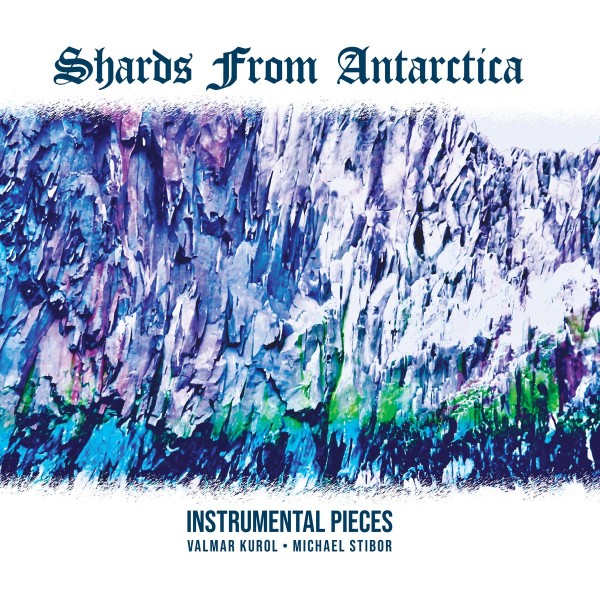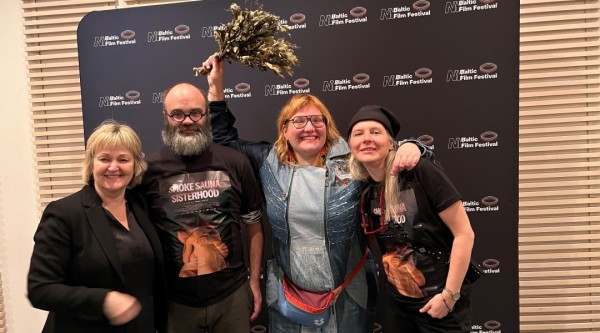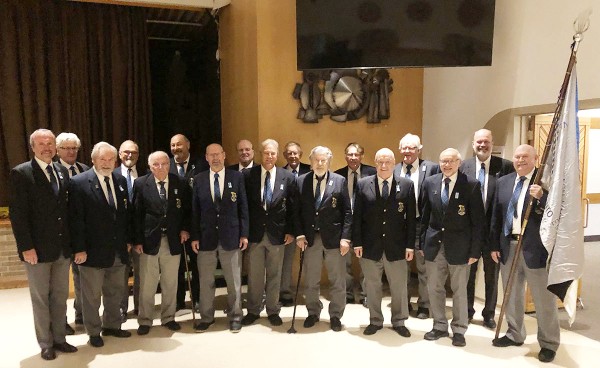On the evening of Sunday December 6 it was Estonia’s turn to screen a film at the European Union Film festival in Ottawa. This year Estonia’s selection was a film by the Finnish director, Klaus Härö, “The Fencer”. The film attracted a full crowd to the well-known Bytowne cinema in downtown Ottawa. In the audience among the many invited guests were the Ambassadors of Sweden, Latvia, Moldova, Guatemala, of other states and the Head of the European Union delegation. In addition, there were members of the diplomatic corps, friends of the Estonian Embassy from other embassies and from Canadian government organizations. Of course, members of the Ottawa Estonian community were also present. The majority of the public, however, was comprised of ordinary Canadian friends of cinema, whether they were annual European Union film viewers or first time viewers at the festival. Some knew a little bit about the history of Estonia, while others would clearly have been hard pressed to find Estonia on a map of the world. People came to see the film.
Ambassador Gita Kalmet in her opening remarks expressed gratitude to the Estonian co-producer of the film, Ivo Felt, whose agreement and efforts succeeded in convincing the North American distributors that “The Fencer” was the film that needed to be screened in Ottawa. The decision was the right one. The audience was drawn into the film from its very first scenes. The Finnish screen writer, Anna Heinämaa, has succeeded in composing a gripping tale about a fencing coach from the past, now a figure nearly forgotten by Estonians. There is no question that the main character in the film, Endel Nelis (Märt Avandi) and his students are able to gain the unreserved sympathy of the viewers. In the most touching scenes of the film, one could sense the emotion in the audience and in the silence it seemed that everyone held his breath as one person. The wordless exchanges between the public’s favourites, the fencing coach, Endel Nelis, and little Marta (Liisa Koppel) elicited deeply felt sighs. The film brought an Estonian story to the screen and made Estonia better known to many. Ambassador Kalmet, when introducing the film, said that there is a perspective on Estonians in the film which Estonians themselves are not able or do not dare to take. In this regard, there may be some irony in recalling that Estonians often make light-hearted fun of how reluctant Finns are to talk. Now, this film about Estonians by Finnish film-makers shows the power of silence and of gestures without words. With understated elegance, the film portrays the best of the human spirit in the most repressive of times.
After the film, people gathered in small groups to discuss the film and the history of Estonia. Ambassador Kalmet in her opening remarks said that fencing, in its own way, is a metaphor for the period of Soviet occupation – where every one had to hop as well as possible, to avoid being hit and you had to hop between difficult choices – your conscience or your safety. The Ambassador in her remarks also referred to this year’s Nobel prize winner in literature, the Belarussian Svetlana Alexievich, who has stated that:
Every thing in this life is dependent on the courage of each individual. The horror of authoritarian regimes does not reside in brutal leaders, but the little henchmen, among the people, who serve a regime faithfully. Every individual’s opposition to a regime is extremely important.
That also, according to Ambassador Kalmet, is the key to understanding the events in “The Fencer”.
T.Onu
The role of Marta, Liisa Koppel. Photo: Renee Altrov.

Success of Estonian film, The Fencer, at European Union Film Festival in Ottawa Estonian Life
Kultuur
TRENDING
























